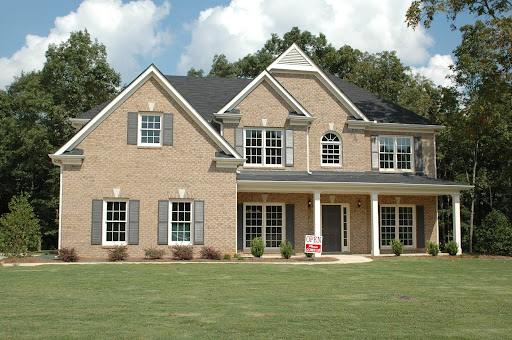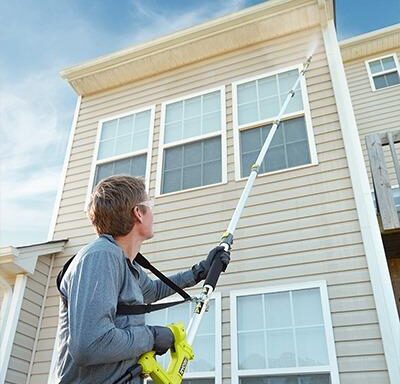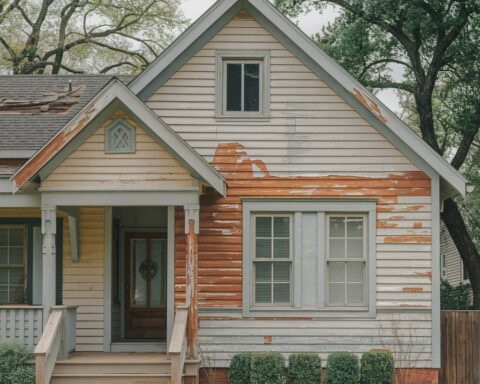Welcome to your simple guide on freehold real estate! If you’re curious about buying a home or property, understanding freehold property is essential. Freehold property means you own the land and the building on it, giving you complete control.
This guide will take you through all the important details you need to know about freehold real estate, helping you make smart choices without any tricky language or complicated terms. Let’s get started!
Understand Your Budget
When thinking about buying a home, it’s very important to know your budget. Start by figuring out how much money you can spend each month on housing costs. This includes not only the price of the property but also things like taxes, insurance, and maintenance.
If you’re considering leasehold properties, remember they might have lower upfront costs, but they often come with additional fees that can add up over time. By knowing what you can afford, you can make better choices and find a place that fits your needs and wallet.
Research the Market
Before you buy a home, it’s important to look at the real estate market around you. Start by checking the prices of homes in the areas you like. This will help you know if a property is a good deal or too expensive. You can also find out how long homes are on the market.
If homes sell quickly, it may mean that people really want to live there. Talking to local real estate agents can give you more information, and they can help you understand what to expect. Doing this research will help you feel more confident when it’s time to make an offer.
Work with an Experienced Agent
When buying a home, having a good real estate agent by your side can make a big difference. An experienced agent knows the area well and can help you find homes that fit your needs. They can also guide you through the buying process, making it easier to understand the steps involved.
An agent will listen to what you want and help you avoid homes that are not right for you. Plus, they can negotiate with the seller to get you a fair price. Working with someone who knows the business can save you time and give you peace of mind.
Consider Location and Amenities
When looking for a home, think about where it is and what is nearby. The location is important because it affects your daily life. Check how close it is to schools, parks, shops, and public transport. Having these things nearby can make life easier and more enjoyable.
Also, consider the community and safety of the area. Look for amenities like swimming pools, gyms, or walking trails in the neighborhood, as they can add fun to your everyday life. Choosing the right location with good amenities can make your new home feel just right for you and your family.
Get a Home Inspection
Before you buy a home, it’s smart to get a home inspection. This means hiring a professional to check the house for any hidden problems. They will look at things like the roof, plumbing, electrical systems, and the foundation. A home inspection helps you know if there are any serious issues that need fixing, which could save you money down the road.
If the inspector finds problems, you can ask the seller to fix them or lower the price of the home. In short, a home inspection gives you more information to make a good choice on your buying decision.
Be Prepared for Additional Costs
When buying a home, it’s important to be prepared for additional costs beyond the sale price. These costs can include closing fees, insurance, and taxes that you may not have accounted for initially. For example, closing costs can add several thousand dollars to your total expenses, so make sure to factor these in your budget.
You may also need to set aside money for home repairs or renovations after the purchase. Some buyers, such as cash buyers from Cash Out Your Home, might have more flexibility with these costs. Since cash buyers do not rely on mortgage financing, they can often move more quickly in negotiations without worrying about loan-related expenses.
Negotiate the Price
When you find a home you like, don’t be afraid to talk about the price with the seller. This is called negotiating. Start by making a fair offer, which is usually a little lower than the asking price. The seller might say yes, or they might counter with a different price. Keep in mind what you can afford and what similar homes in the area are selling for.
If there are issues with the house you found during the home inspection, you can use those to help lower the price. Remember, negotiation is a normal part of buying a home, so stay calm and be respectful.
Review All Legal Documents Carefully
Before you finalize the purchase of a home, it’s very important to read all the legal documents that come with it. This includes the purchase agreement, title deeds, and any homeowners’ association rules. Take your time to understand what each document says, as they outline your rights and responsibilities as a new homeowner.
If anything is unclear, ask your agent or a lawyer for help. They can explain things in simple terms, making sure you know what you’re signing. Being careful with these documents can help avoid surprises later on and protect your investment.
Plan for the Long-Term
Consider how long you plan to live in the house and if it will still fit your needs as life changes. For example, if you plan to start a family, make sure the home has enough space. Also, look into whether the area will grow and stay nice over time, as this can affect the value of freehold homes for sale.
This way, you can make better choices now that keep you happy and comfortable in the long run. Planning ahead helps ensure your home is a good place for years to come.
Learn More About Freehold Real Estate
Knowing about Freehold Real Estate is key to making smart decisions when buying a home. With freehold properties, you own both the land and the building, giving you freedom and control.
By planning your budget, researching the market, and working with a good agent, you can find the right home for you. Remember to check for any extra costs and carefully review all legal papers before making a purchase.
Looking for more tips and ideas? We’ve got you covered. Check out some of our other posts now.
Keep an eye for more latest news & updates on Essential Tribune!








